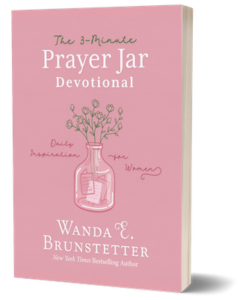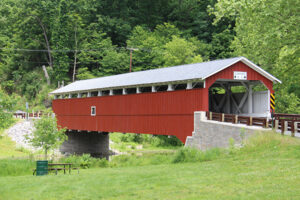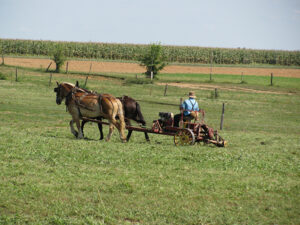True Friendship
My heart is breaking right now, for I just learned that one of my special “English” friends has an incurable cancer. I would ask that you join me with prayers on her behalf, as well as for her dear husband. I found it especially touching to learn that a group of their Amish friends recently came to pay a call on them, even bringing a meal along. Before the Amish women left my friends’ home, they gathered around the wife who is ill, to give her a hug and a kiss, which let her know just how much they cared.
As I reflected on this, and said a prayer for them myself, I was reminded of how important it is for each of us to be sensitive to other’s needs — to pray for them and let them know how much we love them through our words and deeds. It seems that we often get too busy doing so many “things” that we sometimes forget to spend time with our friends or let them know how much we care.
None of us knows how long we have to live on this earth, which is why we need to live each day as if it’s our last.
Is there someone you know who needs a touch from God today? They can receive that touch by your act of love and kindness.
“Heavenly Father, may my heart always be sensitive to others in need, and may they see the love of Christ living in me. Amen.”











